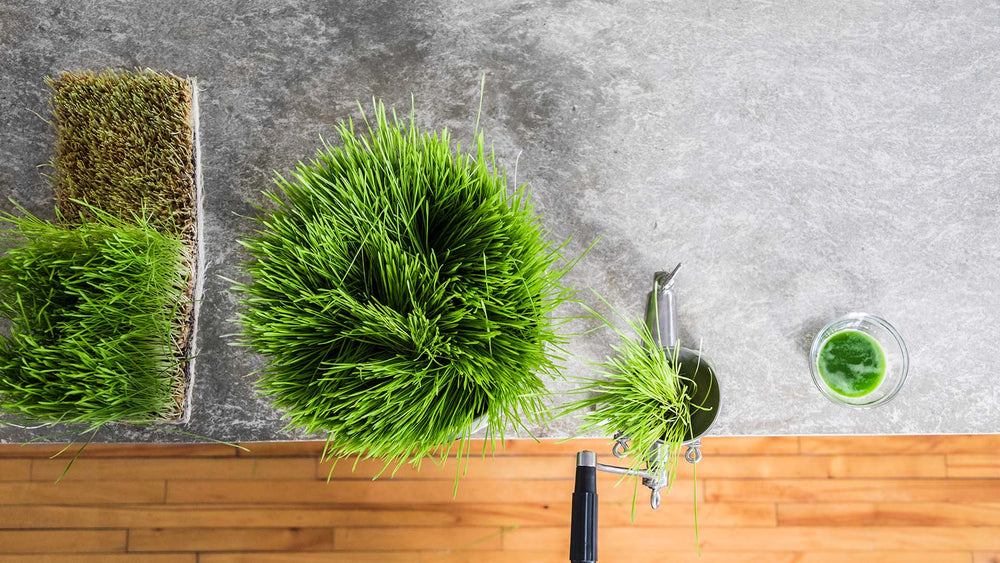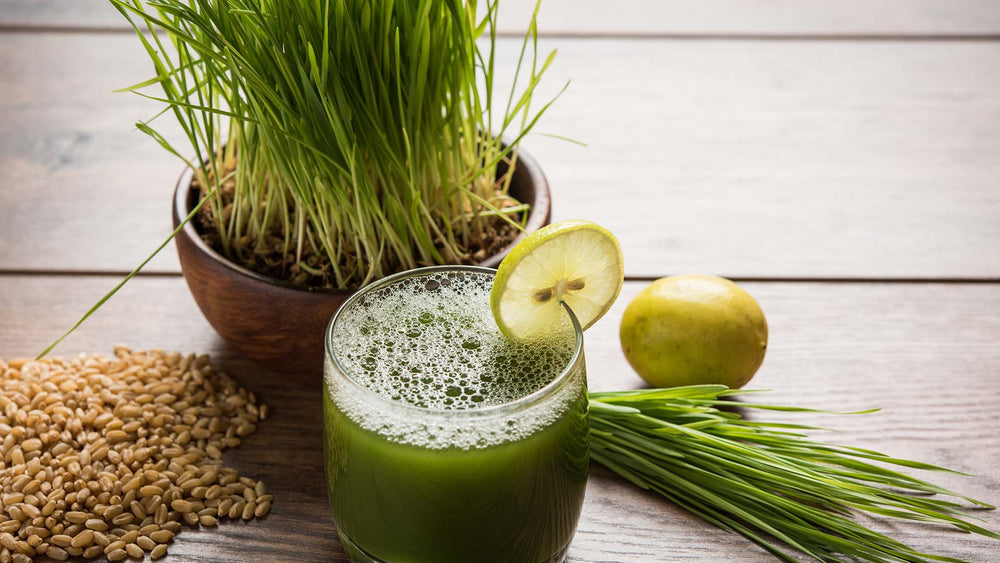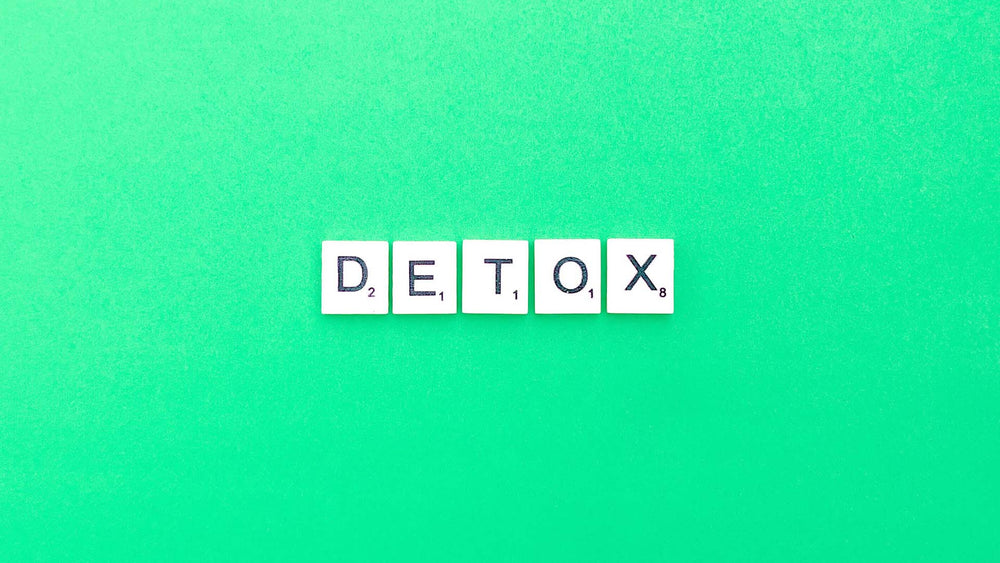Living in the present, not the future or the past, is one of the key elements of making the most of your time. When it comes to your health, though, you may have to make certain sacrifices right now to ensure you remain fit and vibrant well into old age. These sacrifices will help you look and feel better today as well as in the future.
A 2009 study in the British Medical Journal showed that four habits separated long-living Brits from those with lower life expectancy:
- Being active for 30 minutes a day
- Eating more fruits and vegetables
- Avoiding excess alcohol
- Not smoking
Here are ten tips for living a better life now and live longer and healthier way into your retirement years.
1. Eat a sensible diet, but don't be too strict
You don't need to be overly careful about what you eat. Being too strict about food can be as detrimental to your health as eating too much junk food. There are drawbacks to being an extreme vegan, including lack of Vitamin B12 in the diet. Being a smart vegetarian is good for you, but you may need to take supplements to ensure you get enough iron, zinc or B12.
Good eating is sensible eating. It means eliminating certain foods and restricting others. Plan your meals, and keep fresh fruits and vegetables in your fridge. Snack on air-popped popcorn instead of processed snacks. You don't need to become a vegan or vegetarian to be healthy. Avoid hot dogs and other packaged meats. Choose lean, organic meats and fresh-caught fish, and restrict meat-based meals to two or three times a week.
Binging, eating a strict vegan diet and limiting calories indefinitely are often as bad as eating junk food. These habits sap your body of nutrition, brain power energy. Replacing junk food and mindless snacking with nutritious meals.
2. Drink more water
Most people don't drink enough water. Sure, there's water in the coffee, beer and soda you drink, but the dehydrating effects of those beverages do more harm than good. Drink filtered tap water or bottled water to flush out toxins in your body and naturally suppress your appetite.
Drinking a glass of water before a meal helps fill you up so you won't eat as much. It aids digestion, keeping your intestines and stomach lubricated so you stay regular.
When you're tired, or have to spend all night studying or working on a project, drink water instead of coffee or energy drinks. Water boosts your energy level and focus without causing potential damage to your heart like caffeine.
Drinking diet soda won't help you lose weight. A 2015 study showed that long-term diet soda intake caused an increase in study subjects' abdominal fat over a nine-year period.
To stay thinner and healthier, drink water, herbal tea and a moderate amount of milk and juice instead of diet soda.
3. Create a Healthy Foods List
Don't “wing it” at the grocery store. Create a master list of healthy foods that you like and choose from it every time you go shopping. The list should include some of the following items.
Spices do more than add flavor to recipes. Turmeric, cayenne pepper, garlic and rosemary offer antioxidants to prevent inflammation, colds, high blood pressure and even cancer.
- Rosemary-improves digestion, memory and blood circulation
- Turmeric (curcumin) – strong anti-inflammatory, high in antioxidants, lowers risk of heart disease, cancer and brain diseases
- Cayenne Pepper – natural appetite suppressant, boosts metabolism, relieves joint and migraine pain
- Garlic – lowers blood pressure and cholesterol, may prevent Alzheimer's and dementia
- Cinnamon – has anti-inflammatory and antioxidant properties, reduces risk of heart disease, lowers blood sugar
Broccoli is one of the most nutritious vegetables. It contains:
Vitamin K (for better blood clotting and bone health)
Folate (decreases breast cancer risk for women)
Vitamin C (helps form collagen for better-looking skin)
Fiber (to aid digestion and suppress appetite)
Steam broccoli and drizzle with olive oil or, lemon juice. Add chopped garlic or black pepper for flavor. Broccoli scores high on the Aggregate Nutrient Density Index (ANDI), along with spinach, carrots, strawberries, blueberries and the first place winner, kale.
Grapefruit may reduce the risk of kidney stones and cholesterol, lowers blood pressure and promotes healthy digestion. It contains 59% of the daily value of Vitamin C. Pink and red grapefruit have the carotenoid phytonutrient, Lycopene, which has been shown to reduce the chance of prostate cancer in men.
Other Healthy Foods
Salmon- Authority Nutrition lists salmon as the world's most nutrient-dense food. All fatty cold water fish contain Omega 3 fatty acids, but a 4 ounce serving of salmon contains 55% of the daily value of Omega 3 fatty acid. Salmon contains mostly EPA (eicosapentaenoic acid), but also has some DHA (docosahexaenoic acid) fatty acids. Omega 3's are known to reduce the risk of heart disease, improve mood and cognitive function, and strengthen eyesight and joints.
Salmon also has amino acids and a large percentage of the daily value of Vitamin D, Vitamin B12, selenium and Vitamins B3 and B6.
Nuts – Snacking on pecans and other unsalted, uncoated tree nuts is more than a substitute for high-fat chips and candy. Tree nuts are high in healthy monounsaturated healthy fats. They lower your LDL cholesterol and improve the lining of your arteries. Nuts contain fiber, Vitamin E, Omega 3 fatty acids, and the amino acid L-arginine. They are high in calories (157 calories in one ounce of cashews), so be careful not to overindulge.
Other foods that should make your list include avocados, tomatoes, Swiss chard, bananas, eggs, lean beef, sardines, turkey, bell peppers, cucumbers, oatmeal, groats (unhulled oats) legumes, sweet potatoes and dark chocolate.
4. Cut Down on Sugar and Sugar Substitutes
Sugar makes your food taste sweeter, but it doesn't offer any nutritional benefits. Cane sugar, GMO beet sugar and high fructose corn syrup contain empty calories. They don't have any vitamins, minerals, fats or proteins. Sugar does make you more energetic temporarily (a “sugar rush”), but causes you to crash and become fatigued a short time later.
Artificial sweeteners don't offer anything positive either, and may be just as bad for your long-term health. Saccharin, Neotame ,Acesulfame, Aspartame, and Sucralose have all been cleared for use by, and considered safe, by the FDA. Artificial sweeteners may be calorie-free, but you'll pay in other ways. Studies indicate long-term use of artificial sweeteners put you at a greater risk of getting type 2 diabetes or heart-damaging metabolic syndrome.
You'll get used to the intense sweetness of Splenda or other sweeteners after using it for awhile, and the natural sweetness of fruit or real sugar won't appeal to you anymore. This may cause you to eat fewer nutritious fruits because they won't taste as sweet to you. Using low to no-calorie sweeteners have also been shown to increase weight gain instead of prevent it.
Replace artificial sweeteners with real sugar and learn to use natural sugar sparingly in beverages. Try to develop a taste for drinking coffee or tea without added sugar. Eating too much sugar may lead to weight gain, diabetes, and will harm your teeth. A teaspoon of sugar has 16 calories, and a teaspoon of honey contains 22 calories, but you won't need too much to sweeten drinks. One or two teaspoons should be enough.
5. Get Active
Exercising at the gym gets boring and repetitive after awhile, so try walking, jogging or cycling outdoors and get some fresh air at the same time.
Don't have a lot of time to exercise? Do interval training on a stationary bike for ten minutes (warm up, cycle fast, then cycle slowly), or engage in any form of exercise in ten-minute bursts. You'll reap the benefits of exercise without spending a lot of time or money at the gym.
Regular exercise (the American Heart Association recommends 2 ½ hours per week of moderate exercise or 75 minutes per week of vigorous exercise) helps you live a longer, healthier life. Studies show active people live longer. Doing the recommended amount of exercise decreases the likelihood of death during a 14-year period by 31% and even getting some exercise decreases the chance of death during the same period by 20%.
6. Reduce Stress
Inflammation caused by ongoing stress can contribute to heart disease, cancer and other chronic health problems. A Carnegie-Mellon study showed that prolonged psychological stress makes people more prone to inflammation, as well as the common cold and other viruses.
It's unrealistic to assume you can eliminate all stress from your life, but you can reduce some of it and learn how to control the rest. Limit your exposure to toxic people and situations. When that's not possible, change the way you react to stress.
Exercise, meditation, deep breathing and listening to your favorite music regularly will help you stay calm and positive. The calmer you are, the less reactive you'll be in stressful situations. Stay centered to deal with stress and avoid making bad decisions because you're upset.
7. Sleep 7-9 Hours a Night
Many busy entrepreneurs or executives pride themselves on working all night and getting only a few hours sleep.
Long-term lack of sleep can cause moodiness, depression and a weakened immune system. If the self-imposed insomnia continues, it leads to chronic and possibly deadly health problems, including heart disease and diabetes.
To improve your chances of getting enough restful sleep each night, turn off your Smartphone, computer and other electronics an hour before going to bed. You can also optimize the quality and quantity of your sleep by doing the following:
- Regulate your body clock by going to bed and waking up at the same time every day.
- Get more sunlight during the day, especially in the morning, and let lots of natural light into your home during the day.
- Use heavy curtains or shades to keep your room completely dark at night.
- Limit caffeine and alcohol intake two or three hours before going to bed.
- Exercise regularly during the day. Even walking and doing yoga for 10-20 minutes a day will help you fall asleep sooner and improve sleep quality.
8. Find a Fulfilling Hobby
All work and no play make you a dull boy (or girl). Spend your free time drawing, painting, writing, playing piano or participating in sports. Exercise your body and/or your creativity to reduce stress, relieve boredom, and work off excess energy.
Hobbies offer a great way to forge new friendships and social connections. They also help structure your non-work hours, so you don't end up snacking in front of the TV all weekend. Hobbies make you more interesting by giving you new skills that may even lead to paid work –or a popular YouTube channel.
9. Help Others
Take the focus off yourself by volunteering with the Red Cross or another local organization. Writing a check to your favorite charity is fine, but it only gives you a fleeting sense of helping others. Check out Volunteermatch.com to search for organizations in many fields that need your expertise.
You can learn new skills and establish new social connections through volunteering (just like you can through a hobby), plus you get the added satisfaction of helping other people, animals, or improving the environment.
Volunteering is good for all age groups, but a University of Minnesota study shows it's particularly helpful for the continued mental and physical health of retirees and older adults.
10. Practice Gratitude
Exhibiting gratitude helps you develop new personal and business relationships. When you thank people for their advice or help, they'll remember you and be more likely to contact you in the future. Being appreciative offers the following advantages:
- Improves friendships
Gratitude enables you to listen closely to your friends' concerns, strengthening relationships.
- Increases self-esteem
Being thankful to teachers, co-workers and mentors (or anyone who helps you) has been shown to boost self-esteem.
- Boosts physical and psychological health
You'll be less apt to experience regret, jealousy, frustration and other negative
emotions if you're grateful for what you have. You'll be calmer and happier and more likely to take care of your physical health, which leads to a longer life.
Practice healthy habits when you're young to avoid or reduce many of the pitfalls of getting older. Gaining a lot of weight, becoming frail or developing diabetes or heart disease aren't a given for older adults who practiced good habits when they were younger.
Take care of yourself (regardless of your age). Taking vitamins and natural supplements should be part of your routine, too. When you need energy, take chocolate mint flavored REVV Instant Energy Wafers instead of drinking coffee or eating sugary foods. REVV contains wheatgrass, one of nature's superfoods, as well as choline, L-Taurine, Periwinkle Herb and B-Complex vitamins. Order REVV here.
















